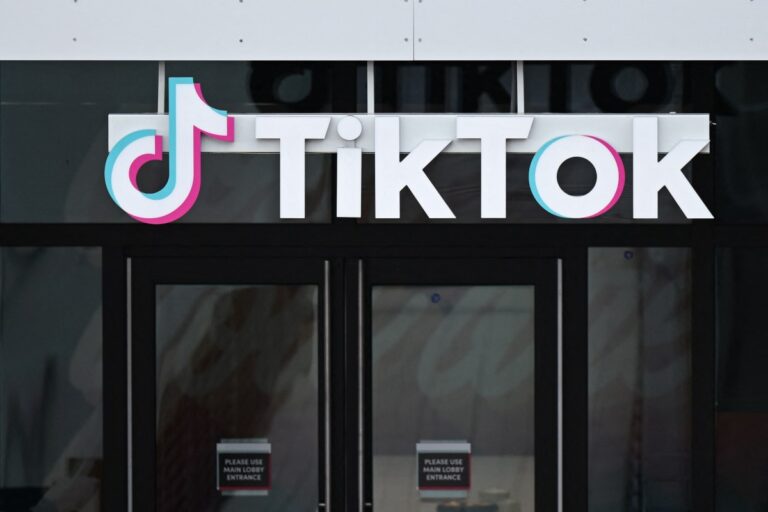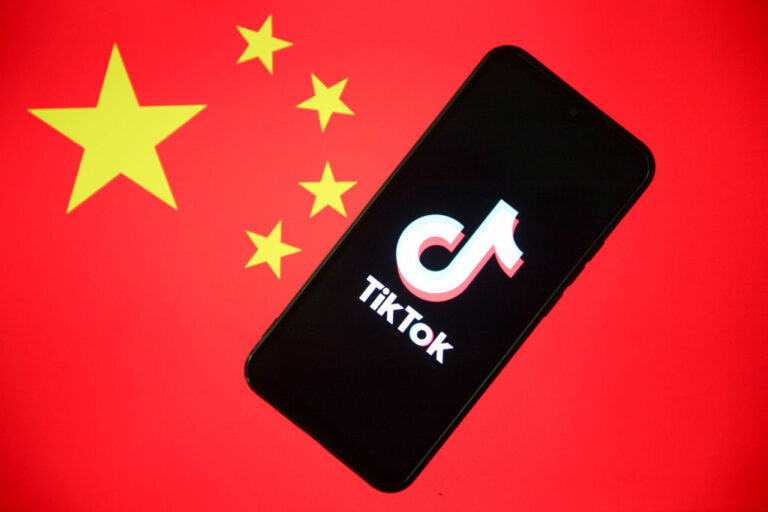Revamping Carbon Markets: How Amazon, Microsoft, and Exxon are Enhancing Trust in Scandal-Plagued Environmental Trading
In a significant move to enhance the credibility of voluntary carbon markets, major corporations such as Amazon, Exxon, and Microsoft have formed a new task force. This initiative, organized by the Bipartisan Policy Center, aims to restore trust and transparency in these markets, which have faced numerous scandals in recent years.
Task Force Objectives and Structure
The recently announced task force comprises 17 independent members, including representatives from established companies and startups alike. Its primary goals include:
- Evaluating the current state of voluntary carbon markets.
- Developing policy recommendations for the federal government.
- Promoting fair, efficient, and transparent market practices.
This effort comes at a time when tech giants are increasingly investing in artificial intelligence, which has positively impacted their stock prices. However, these investments have also complicated their commitments to climate initiatives.
Challenges Faced by Major Companies
Despite their substantial investments in renewable energy, both Microsoft and Amazon are struggling to meet their climate goals. Notable statistics include:
- Microsoft’s carbon emissions rose nearly 30% in 2023 compared to the previous year, even with 20 gigawatts of renewable energy contracts.
- Amazon’s progress has stagnated, with only a slight decrease in emissions despite heavy investments in renewable sources and electric delivery options.
To maintain their net-zero targets, these companies are turning to voluntary carbon markets. For example:
- Microsoft purchased over 7 million metric tons of carbon credits last month.
- Last year, Amazon and other firms invested $180 million in offsets aimed at preserving rainforest areas in Brazil.
The Scandals Impacting Carbon Markets
Voluntary carbon markets have faced significant scrutiny due to scandals. An investigation in 2023 raised concerns about the credibility of the nonprofit Verra, which certified many carbon credits. Key findings included:
- Verra sold tens of millions of offsets that were largely ineffective in reducing carbon emissions.
- Credits claimed to support deforestation reduction in areas like Peru, where logging risks were minimal.
- It was suggested that over 90% of rainforest-related credits had little to no impact on actual carbon emission reductions.
While Verra disputed these allegations, the fallout was significant, leading to the resignation of its long-time CEO six months later.
Task Force Composition
The newly formed task force also includes voices from the startup ecosystem, with members from:
- Heirloom
- Isometric
- BeZero
In addition, representatives from nonprofits and the former CEO of Verra are participating, alongside an executive from timber giant Weyerhaeuser.
This collaborative effort seeks to reshape the perception and functionality of voluntary carbon markets, ensuring they can effectively contribute to global climate goals. For more information on the task force and its initiatives, visit the Bipartisan Policy Center.







